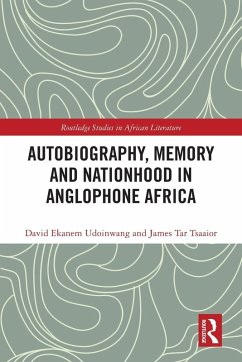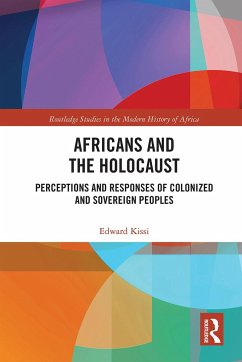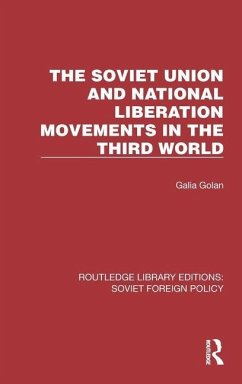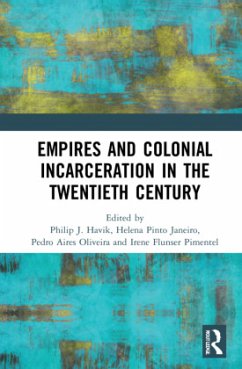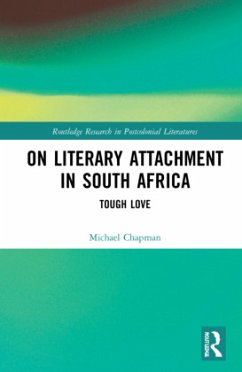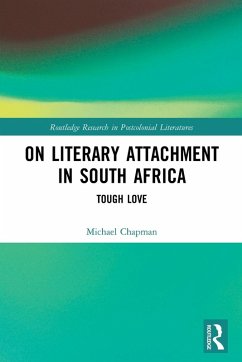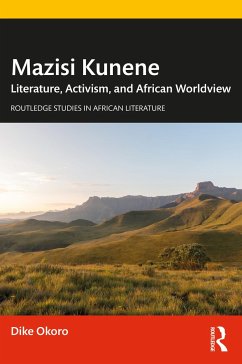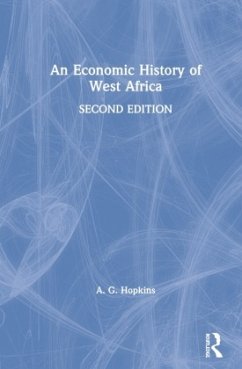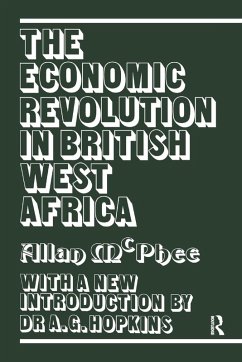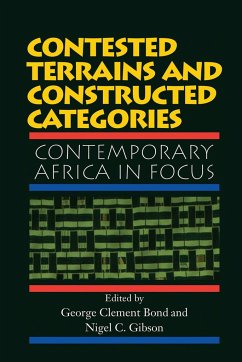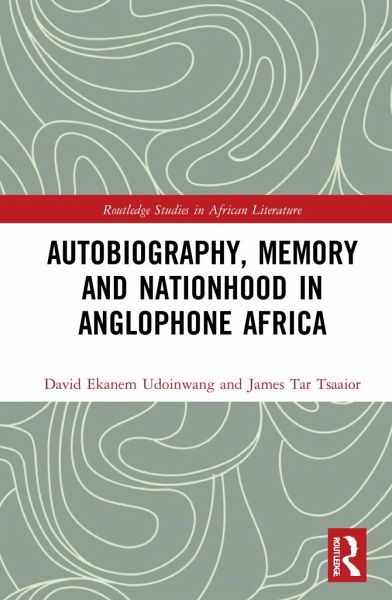
Autobiography, Memory and Nationhood in Anglophone Africa
Versandkostenfrei!
Versandfertig in 6-10 Tagen
154,99 €
inkl. MwSt.
Weitere Ausgaben:

PAYBACK Punkte
77 °P sammeln!
This book provides an important critical analysis of the autobiographies of nine major leaders of national liberation movements in Africa. By examining their self-narratives, we can better understand how decolonisation unfolded and how activist-politicians sought to immortalise their roles for posterity.Focusing on the autobiographies of Peter Abrahams, Albert Luthuli, Ruth First and Nelson Mandela (South Africa), Nnamdi Azikiwe (Nigeria), Kenneth Kaunda (Zambia), George Mwase (Malawi), Kwame Nkrumah (Ghana), Maurice Nyagumbo (Zimbabwe), and Oginga Odinga (Kenya), the book uncovers the social ...
This book provides an important critical analysis of the autobiographies of nine major leaders of national liberation movements in Africa. By examining their self-narratives, we can better understand how decolonisation unfolded and how activist-politicians sought to immortalise their roles for posterity.
Focusing on the autobiographies of Peter Abrahams, Albert Luthuli, Ruth First and Nelson Mandela (South Africa), Nnamdi Azikiwe (Nigeria), Kenneth Kaunda (Zambia), George Mwase (Malawi), Kwame Nkrumah (Ghana), Maurice Nyagumbo (Zimbabwe), and Oginga Odinga (Kenya), the book uncovers the social and cultural forces which galvanized the anti-colonial resistance movement in African societies. In particular, the book explores the disdain for foreign domination, economic exploitation and cultural imperialism. It delves into themes of African cultural sovereignty before the colonial encounter, the disruptive presence of colonialism, the nationalist ferment against European imperial domination, the achievement of political autonomy by African nation-states and the corpus of contradictions which attended postcolonial becoming.
With important insights on how these key historical figures navigated the process of self-determining nationhood in Africa, this book will be of interest to researchers of African literature, history, and politics.
Focusing on the autobiographies of Peter Abrahams, Albert Luthuli, Ruth First and Nelson Mandela (South Africa), Nnamdi Azikiwe (Nigeria), Kenneth Kaunda (Zambia), George Mwase (Malawi), Kwame Nkrumah (Ghana), Maurice Nyagumbo (Zimbabwe), and Oginga Odinga (Kenya), the book uncovers the social and cultural forces which galvanized the anti-colonial resistance movement in African societies. In particular, the book explores the disdain for foreign domination, economic exploitation and cultural imperialism. It delves into themes of African cultural sovereignty before the colonial encounter, the disruptive presence of colonialism, the nationalist ferment against European imperial domination, the achievement of political autonomy by African nation-states and the corpus of contradictions which attended postcolonial becoming.
With important insights on how these key historical figures navigated the process of self-determining nationhood in Africa, this book will be of interest to researchers of African literature, history, and politics.




